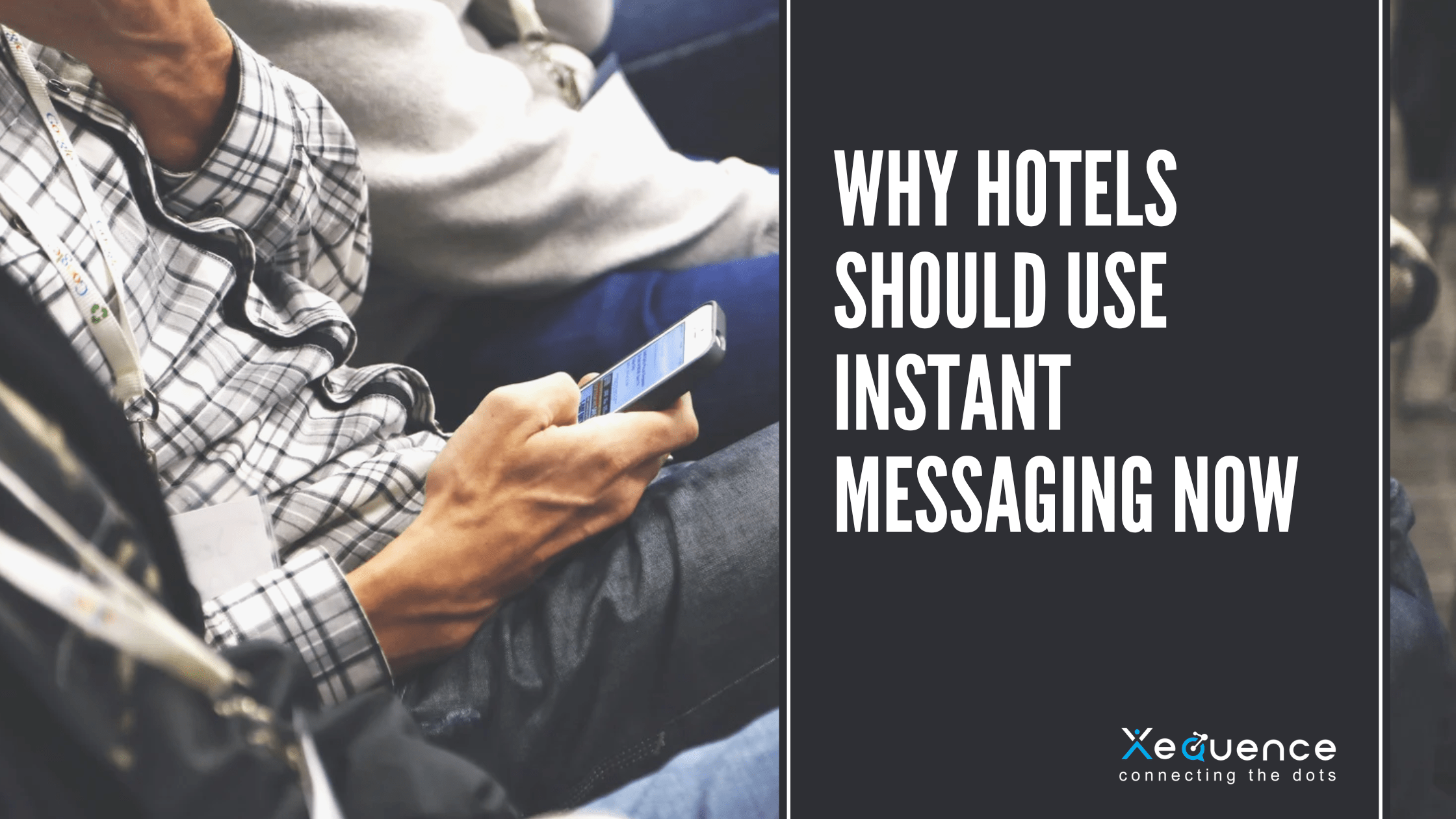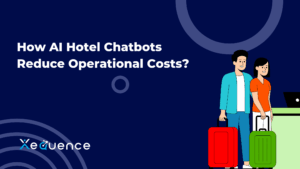- Home
- Artificial Intelligence
- Why Hotels Should Use Instant Messaging Now
Why Hotels Should Use Instant Messaging Now
- May 14, 2025
- Rajib Kar
- Artificial Intelligence, Chatbot, Gen AI

Why Your Hotel Needs to Embrace Instant Messaging with AI Now
In today’s digital era, communication has changed dramatically. Calls and emails are no longer the primary ways Gen Z and Millennials interact—texting has become their preferred method. A recent study revealed that more than 70% of Gen Z and Millennials favor communicating through digital channels. Instant messaging (IM) is the practice of exchanging messages in near real-time via a dedicated application or embedded software. Unlike chat rooms with multiple overlapping conversations, instant messaging typically involves private, one-on-one exchanges.
What Is Instant Messaging?
A key feature of many IM apps is the “presence” indicator, which shows whether a contact is online and available. As technology has advanced, IM platforms have added features like file transfers and image sharing. IM differs from email primarily in speed and format. IM is session-based, with brief messages that mimic face-to-face interactions, while emails are usually longer and more formal.
Popular Instant Messaging Platforms
- Facebook Messenger
- Skype
- Microsoft Teams
- Telegram
- Google Hangouts
Why Should Hotels Use Instant Messaging Technology?
With the rise of artificial intelligence, the hospitality industry is undergoing a major transformation. Today’s guests expect immediate responses and seamless communication, making AI-powered messaging not a luxury, but a necessity. Whether a guest is asking about room availability at 3 a.m. or requesting local restaurant recommendations, your speed and quality of response can make or break a direct booking.
How Do AI Chatbots Work?
AI chatbots, powered by technologies like natural language processing (NLP), natural language generation (NLG), and machine learning (ML), are designed to interpret and answer user questions effectively. In contrast, rule-based chatbots follow predefined scripts, relying on decision trees and keyword recognition to handle repetitive questions.
Benefits of AI for Your Hotel Business
Smart Decision-Making
AI helps businesses make data-driven decisions, such as predicting inventory needs or optimizing pricing strategies, ultimately boosting efficiency.
Automation
AI-powered automation streamlines processes across industries. In hospitality, it enhances communication, booking, and guest service, reducing errors and saving time.
Managing Repetitive Tasks
AI tools like Robotic Process Automation (RPA) handle routine tasks such as guest check-ins, booking confirmations, and even HR onboarding, improving accuracy and speed.
Research and Data Analysis
AI accelerates data analysis and forecasting, allowing hotels to better understand customer behavior, market trends, and operational performance.
Minimizing Errors
By automating repetitive tasks, AI reduces human error. For example, in payroll and billing, AI ensures data accuracy—critical for maintaining trust and compliance.
Instant Messaging Challenges
One major challenge in customer service is the volume of incoming requests. Traditional IM channels often require 24/7 agent availability, which can be costly and unsustainable. AI-enhanced instant messaging solves this by offering round-the-clock automated responses. To maintain top-tier service, contact centers must prioritize data management and adopt more flexible processes. Equipping agents with the right tools increases efficiency, reduces frustration, and improves retention—all of which significantly impact business performance.
Recent Posts
Newsletter
Get regular updates on data science, artificial intelligence, machine
You may also like

AI Travel Assistants: The New Personal Travel Planners

5 Things an AI Travel Assistant Can Do in Seconds

How AI Hotel Chatbots Reduce Operational Costs?




